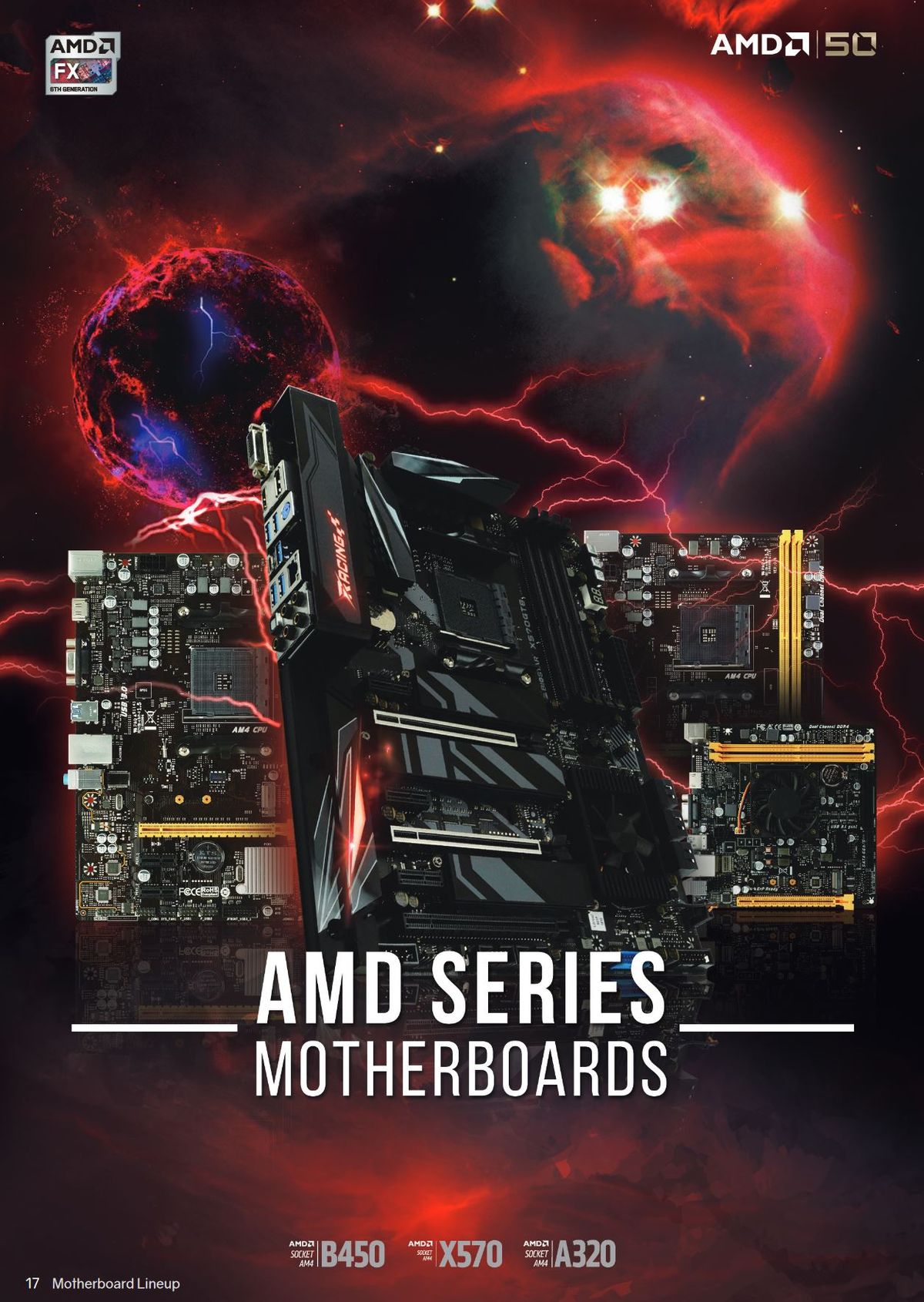That is 500-600mhz difference. Not that much.
It's close to 20% higher clocks... Not saying it's impossible. But the correlation between the engineering sample and the final specs, particularly the 4.3 base and 5.1 boost, seem too high.
16 core Ryzen is likely to stick with max 4.2Ghz (in line with what AMD staff openly talked about, mentioning that node bumps allow for more cores, but no tmuch clock improvements)
I don't think we can assume that. The 16 core will be made of two chiplets of 8 cores each. So the traditional idea where larger dies can't reach higher clock speeds is no longer true. It's simply about binning the best chiplets and putting them together. There is no reason to assume that the 8C/16T must have higher clocks than the 16C/32T in this case.
16 core, 3.3Ghz base, 4.2Ghz boost. (nowhere the 5Ghz from wherever that came)
But that's not any better than the 2700X, which is 3.7 GHz base and 4.3 GHz boost. That is why it's safe to assume that this is either not the best chip(let), or it's an engineering sample with lower clocks than the final product. Remember that even for 1st gen Ryzen, the slowest clocks are 3.1 GHz and 3.45 GHz, and the highest are 3.8 GHz and 4.0 GHz. And right now they're using 8 core chiplets, not a full single 16 core die.
Seems almost too good to be true. $99 for a 6-core CPU??
The chiplets will allow for great yields. The chances of them getting chiplets from the wafer with more than 2 faulty cores is extremely small. And since the i/o is on a separate chip, that doesn't reduce their yields either. I think that's the reason the bottom is 6 cores rather than 4 cores; Their produced chiplets don't really have less than 6 functional cores, so they release that as their lowest end. Maybe if they do have a few, they'll turn them into Athlons.
It will be interesting to see how the line-up will be. Since AMD is using 8 core chiplets, all of the line-up will consist of CPUs that contain either 6 activated cores, or 8 activated cores, provided what I said above is true. I doubt the 6C CPUs are two chiplets with 3 cores each. Yields would have to be atrocious for that to be the case. That would also mean that every 8 core is a full chiplet, rather than two chiplets of 4 cores. What will determine where the chiplet lands is its achievable clock speed.
What's also interesting is the APUs. The APUs will be getting the worst chiplets in terms of clock speed. The 3300G APU is slower than the slowest CPU, and the 3600G is equally as slow as the slowest of the CPU line-up, the 3300 (not APU). That's most likely to keep the power in check. But Navi must be quite efficient...
In any case...
This is the ranking in terms of chiplet quality, from best to worst, with why I think they were put there;
Ryzen 9 3850X 16 / 32 - 4.3 / 5.1 GHz (best 8 core chiplets)
Ryzen 7 3700X 12 / 24 - 4.2 / 5.0 GHz (best 6 core chiplets, can probably reach the speeds of the R9 3850X quite easily. They are basically clocked slightly lower to not incentivize buying the 3700X over the 3850X)
Ryzen 9 3800X 16 / 32 - 3.9 / 4.7 GHz (8 core chiplets that cannot reach 3850X speeds)
Ryzen 5 3600X 8 / 16 - 4.0 / 4.8 GHz (8 core chiplets that weren't good enough for being 3800X in terms of power consumption. They should be able to get close to 3850X speeds at a higher power draw.)
Ryzen 7 3700 12 / 24 - 3.8 / 4.6 GHz (6 core chiplets that can't reach 3700X clocks reliably.)
Ryzen 5 3600 8 / 16 - 3.6 / 4.4 GHz (8 core chiplet incapable of reaching 4.7 GHz reliably)
Ryzen 3 3300X 6 / 12 - 3.5 / 4.3 GHz (6 core chiplet incapable of reaching over 4.5 GHz reliably, or too power hungry to be an R3 3300)
Ryzen 3 3300 6 / 12 - 3.2 / 4.0 GHz (The most power efficient 6 core chiplets, but incapable of reaching R7 3700 speeds)
Ryzen 5 3600G 8 / 16 Navi (20 CU) 3.2 / 4.0 GHz (The slowest 8 core chiplets)
Ryzen 3 3300G 6 / 12 Navi (15 CU) 3.0 / 3.8 GHz (The slowest 6 core chiplets)
Note that there can be more power efficient and/or faster chiplets that will be used for Threadripper or EPYC.


